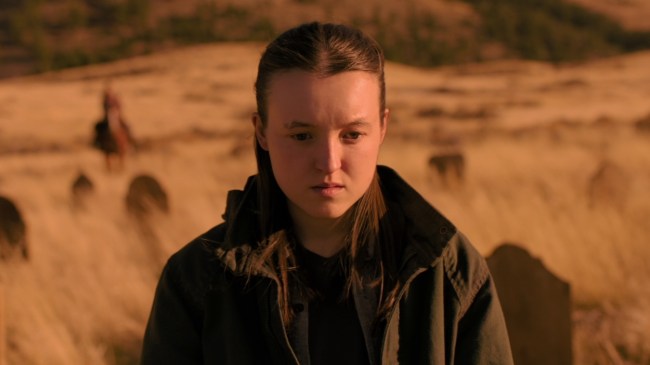Analysis of Episode 3 from ‘The Last of Us’ Season 2
Introduction
In the latest episode of ‘The Last of Us’ Season 2, titled “Episode 3,” the character Gail, portrayed by Catherine O’Hara, makes a striking debut. This review delves into her character’s complexities, the episode’s themes, and the overarching narrative of survival and choices in a post-apocalyptic world.
Character Profile: Gail
Gail, a cynical therapist, embodies the duality of survival and personal struggle. Her first interaction with Joel (Pedro Pascal) sets the tone, as she enters the session already intoxicated and engaging in unorthodox payment methods, such as accepting weed. However, her disdain for Joel stems from personal tragedy—his role in her husband’s death, which adds depth to her cynicism.
Major Themes and Character Development
Throughout the episode, Gail transitions from a therapist to a protector for Ellie (Bella Ramsey) amid the chaos of their environment. Observing a town council meeting where Ellie urges action against Joel’s death, Gail’s protective instincts highlight the essence of community in crisis.
Gail’s conversations reveal her insight and skepticism about Ellie’s capacity for survival and morality. In a poignant moment, she asserts, “Some people just can’t be saved,” a statement that resonates deeply in the context of their brutal reality. This scene foreshadows the challenges Ellie will face in her quest for vengeance.
The Psychological Strain of Survival
Gail’s character highlights a critical aspect of the narrative—the struggle for mental health amidst societal collapse. While Jackson presents a semblance of community, it cannot negate Gail’s personal grief and increased workload. Her character serves as a reminder that even in a community setting, individual traumas persist.
Gail’s acknowledgment of her overwhelmed condition reveals the burdens she carries, which is particularly significant in a world where mental health is often neglected. This serves to enrich the narrative by demonstrating the psychological impacts of survival both on individuals and within community contexts.
Ellie’s Journey: A Path of Revenge
As Ellie grapples with the loss of Joel, her descent into vengeance becomes central to the episode’s plot. The emotional turmoil is depicted through her actions and symbolism—like taking Joel’s gun to use against Abby (Kaitlyn Dever) and embodying his persona on her journey. This transformation raises questions about inheritance of behavior and the possibility of redemption.
Throughout her actions, we see Ellie’s struggle between pursuing revenge and holding onto the memory of Joel. Conversations with characters like Tommy (Gabriel Luna) and Gail underscore the tension between repeating past mistakes and the potential for change.
The Council’s Vote: A Reflection on Morality
The town council meeting, which ends in a defeat for Ellie’s vengeful plea, further explores themes of justice versus mercy. The contrasting views presented during the debate reflect a community grappling with moral dilemmas in a lawless world.
Voiced by character Carlisle (Hiro Kanagawa), the sentiment, “forgive and be forgiven,” poignantly contrasts with the desire for vengeance, inviting viewers to reflect on the meaning of humanity in dire circumstances.

